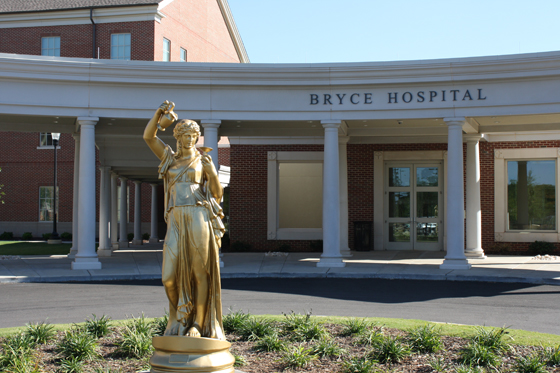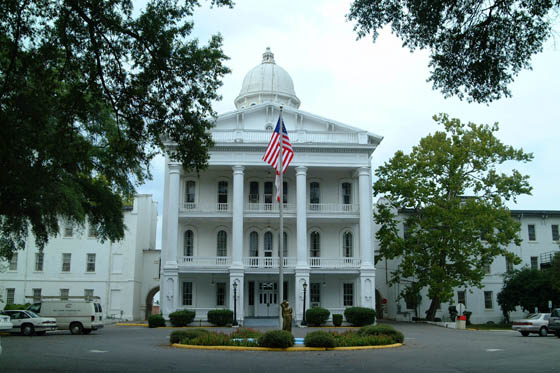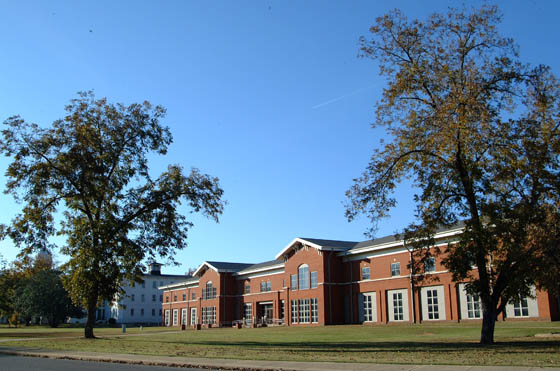
1651 Ruby Tyler Parkway, Tuscaloosa 35404
Bryce Hospital is responsible for the provision of inpatient psychiatric services for adults throughout the state. Bryce Hospital has occupied several buildings during its continuous operation since 1861. Patient care has been in the current building, shown above, since 2014.
Andrea S. Burns, Facility Director
205-507-8000
Careers at Bryce
Documents for Download
Visiting Hours
Friday: 3:30 - 8:00 pm
Saturday, Sunday & holidays: 9:00 - 11:00 am & 3:30 - 8:00 pm
Monday - Thursday visits are by appointment only and must be scheduled with the Program Director. To schedule a visit, please call:
Recovery Program 205-507-8550
Phase II Program 205-507-8750
Transitional Program 205-507-8950
Treatment Programs
Bryce Hospital offers a variety of treatment and recovery services. These include but are not limited to:
Academic Programs
Activities of Daily Living
Community Placement Services
Dietary / Nutritional Counseling
Group Therapy
Individual Therapy / Counseling
Language Interpretation Services including ASL
Medication and Medication Counseling
Mental Illness / Alcohol / Drug Abuse Groups (MICA)
Music Therapy
Pastoral Counseling
Patient Education & Recovery Programs
Peer Support
Physical and Occupational Therapy
Recreational Therapy & Opportunities for Recreation / Leisure
Speech & Hearing Services
Therapeutic Work Opportunities
History and Locations
Until 1995, some patients lived in the original building known as Bryce Hospital. This building still exists however, it and the surrounding campus are now owned by the University of Alabama. There were several more modern buildings on the Bryce campus located next to, and behind the original building where patients stayed from the mid-1980s and up until all patients were moved to the current facility in 2014. The original Bryce Hospital (below left) and later-used modern Admissions building (below right) can be seen on the University of Alabama campus: Kilgore Lane Tuscaloosa 35401.
For more information about Bryce Hospital, read about the Mental Health History in Alabama or visit the Bryce Hospital Museum.


